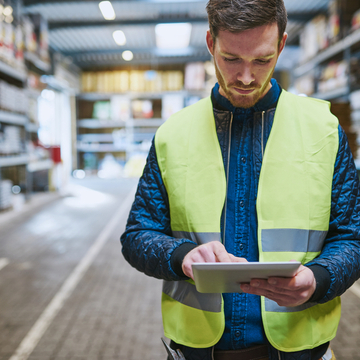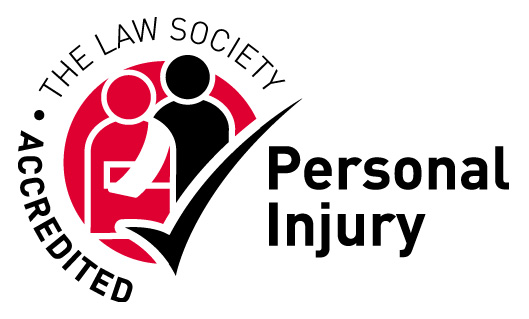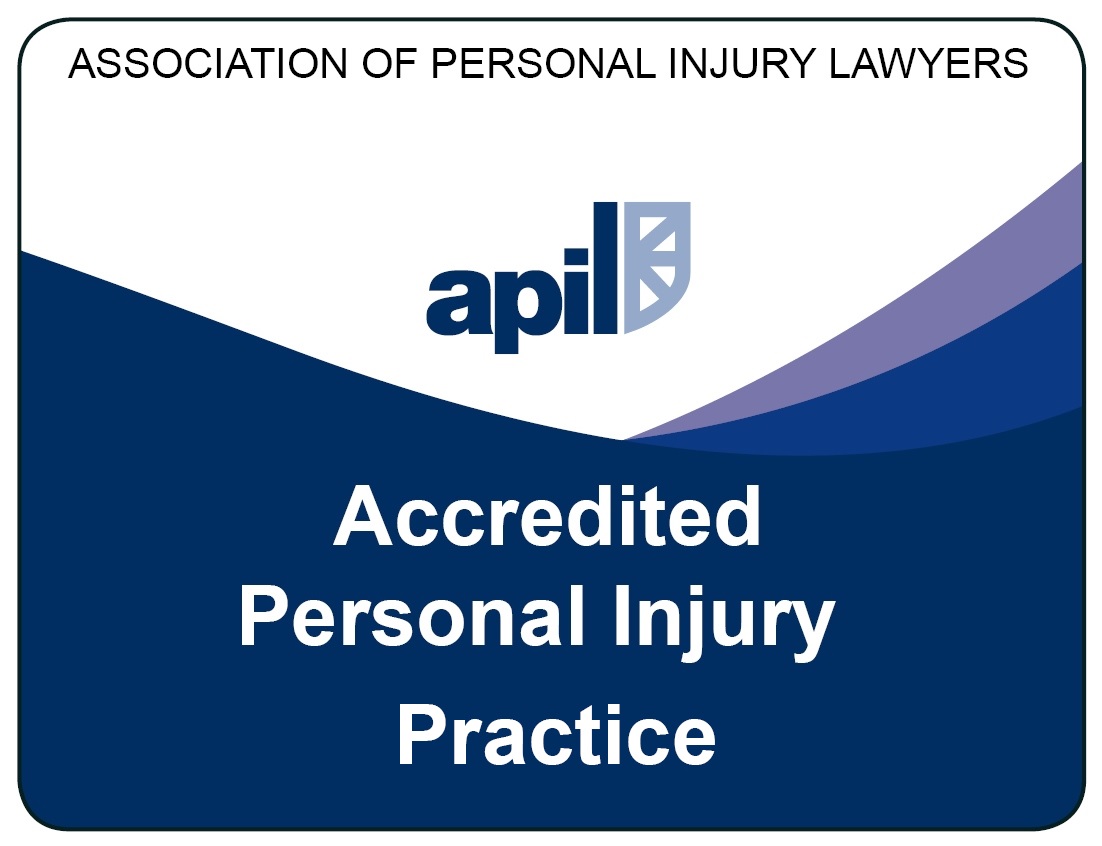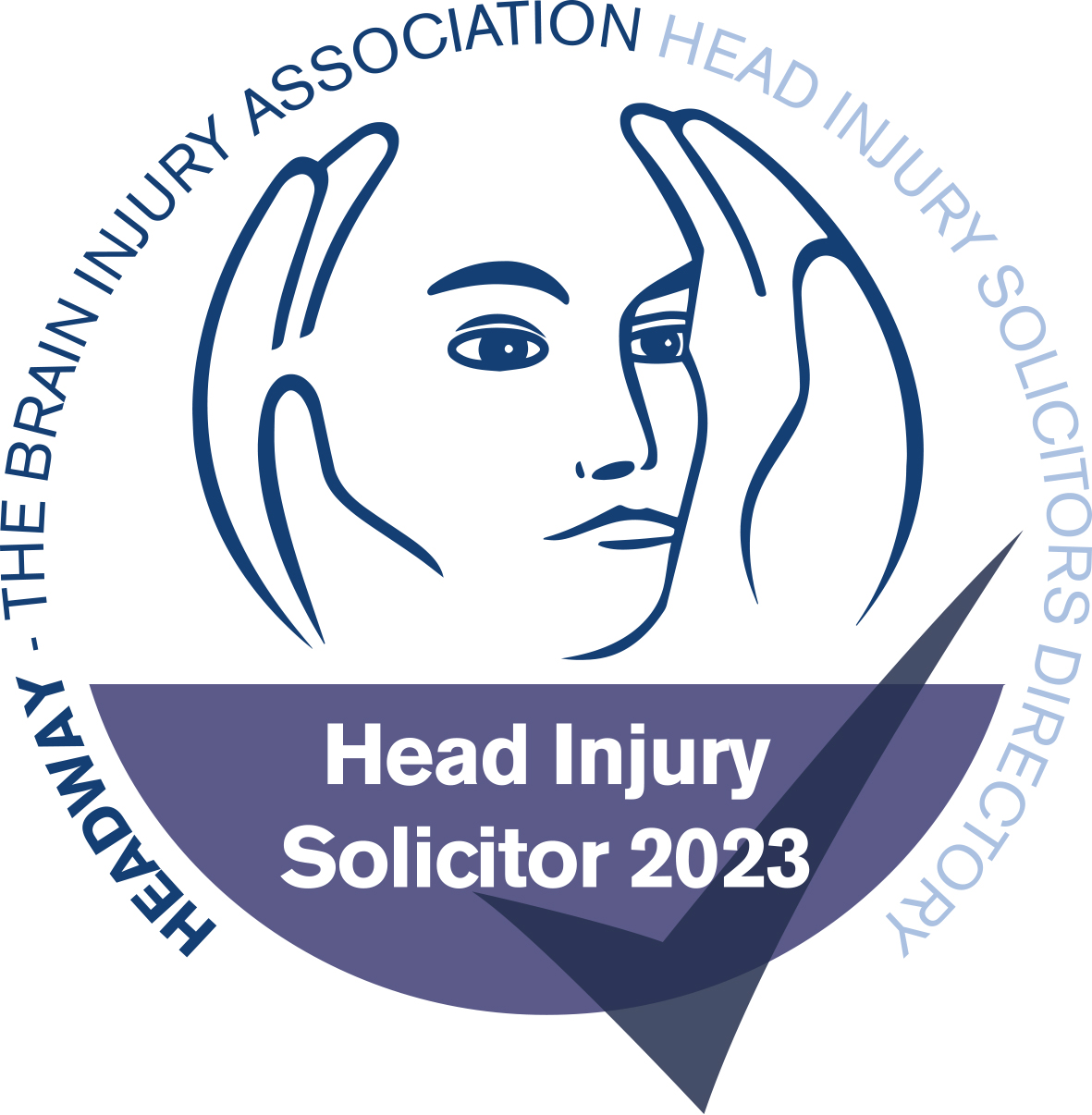




Four Things you Should Know about Warehouse Accidents
If you work in a warehouse you may think that you know how to keep yourself safe. However, most accidents are caused by not knowing the proper practices or being misinformed. Jefferies are here to bust four myths about warehouse accidents to try and make sure you remain safe in the workplace:
1. Manual Handling Injuries
Injuries that occur due to people lifting heavy objects are very common within the warehouse and storage industries. Injuries of this type can occur very suddenly, or they may occur over a long period of time. Injuries of this nature can be debilitating as they often damage multiple areas of the body such as your back, feet and knees.
A lot of people think that manual handling related injuries are just a part of the job, especially because they can develop over a long time and subtly become worse. However, it is completely possible to work in a job that involves manual handling without having to suffer any injuries.
Firstly, employees should never carry anything that is too heavy for them. The risk of dropping the item or developing an injury is too great and it’s simply not worth it when there are other options available. For example, there are tools such as trolleys or forklifts which should be available to help employees if there are heavy items in their workplace which need moving. If your employer provides training about how to manually handle items, as well as providing you with the correct footwear, this should help ensure that you do not suffer any injuries which could have been avoided.
2. A Shelf Can Store Anything as Long as There is Room
When storing items, a shelf should not be thought about in terms of its surface area but rather what type of shelving it is and therefore what it can hold/be used for. For example, certain types of shelves cannot support an increased amount of weight. If
Also, certain racks are used in ways which are not safe. For example, certain warehouses might use wire racks to carry pallet products because wire racks are very strong. However, wire racks should only be used to store and transport items which could possibly fall through the shelving and pallet racks should be used for pallet items. Following rules such as these decreases the likelihood of an accident occurring which helps to keep everyone who works in the warehouse safe.
3. Warehouses are Naturally Dangerous
Due to the large volume of heavy equipment and the business of a warehouse, many people assume that they are just naturally dangerous and there is little that can be done to change this. However, warehouses are only dangerous if the staff are not informed and well trained and people neglect to check the functioning of certain machines.
As long as employers and staff follow their training and regulations then your warehouse can remain a safe work environment.
4. Forklift Accidents
In recent years, the number of forklift accidents occurring in the workplace has been on the rise. However, it is possible to reduce the risk of such accidents occurring. The Mentor FLT Training’s Technical Manager Andy Cartwright said that there are some important steps that can be taken to reduce the likelihood of an accident occurring such as:
- Proper training – Mr. Cartwright highlighted that new starters in the first six months of the job were the most likely group to experience an accident with a forklift because ‘they are not used to the site or traffic systems.’ Therefore, it could be useful to have them continually shadow someone on site until they feel comfortable with the layout and processes of their new workplace.
- Safe distances – Mr. Cartwright also highlighted that while staff who operate forklifts have training on the proper processes surrounding them, other staff don’t necessarily get any necessary training on forklift awareness. For example, other members of staff need to know about how close they can get to a forklift while it is being operated as well as the visibility of the person who is operating the forklift.
To learn more and to discuss your potential claim in confidence, contact our team on 0800 342 3206. Alternatively, complete our online contact form to arrange an initial no-obligation telephone consultation with a member of our expert team.
Where next: Read How to Claim





